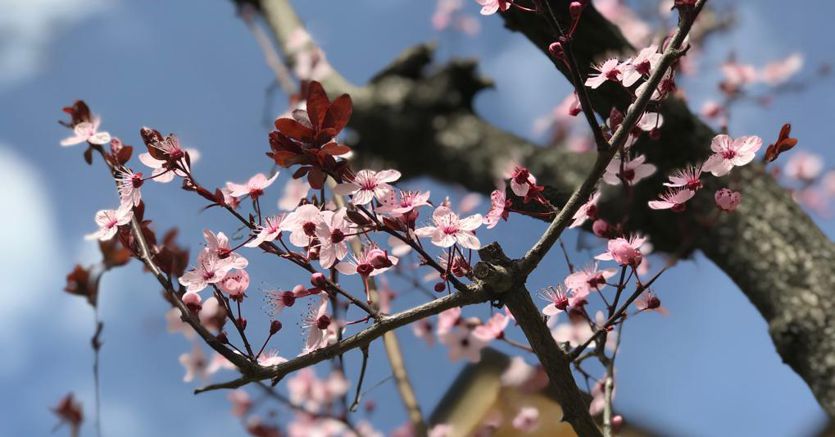In Puglia cherry trees are blooming again, while in Veneto mimosas and medlars are sprouting. Climate change is upsetting crops and blooms, causing considerable damage to agriculture, especially because the trend towards tropicalization of the climate is associated with violent events, seasonal delays, short and intense rainfall. All this compromises crops, with huge losses in agricultural production and damage to structures, to the point that Coldiretti estimates that 10% of production has been lost since the beginning of the year, with losses of more than 6 billion euros. By reworking the Isac Cnr data, the association estimates that 2022 is turning out to be the hottest year since 1800: the temperature is in fact almost one degree higher than the historical average, while rainfall is a third less. Furthermore, with the mild climate, the parasites remained active and attack crops still in the field more easily, as is also the case in later cities, mosquitoes and flies are still widespread.
The early blooms that were monitored by Coldiretti “are dangerous because there is a real risk of exposing them to the announced arrival of bad weather with the lowering of temperatures and the consequent decrease in the production potential of crops. trigger the drought alarm for all crops in the field with agricultural entrepreneurs who are even intervening with emergency irrigation in order not to compromise the crops, from kiwis close to harvesting to radicchio, from artichokes to turnip greens to other vegetables along the entire Peninsula”.
Farmers are also worried about the completely dry soils that prevent the traditional autumn sowing of cereals such as wheat while the thermal shock is simultaneously ripening vegetables such as turnip tops, chicory and fennel with a consequent drop in prices in the field. Damage also to table grapes not yet harvested under the awnings, where temperatures reach too high peaks to guarantee the shelf life of the product.
